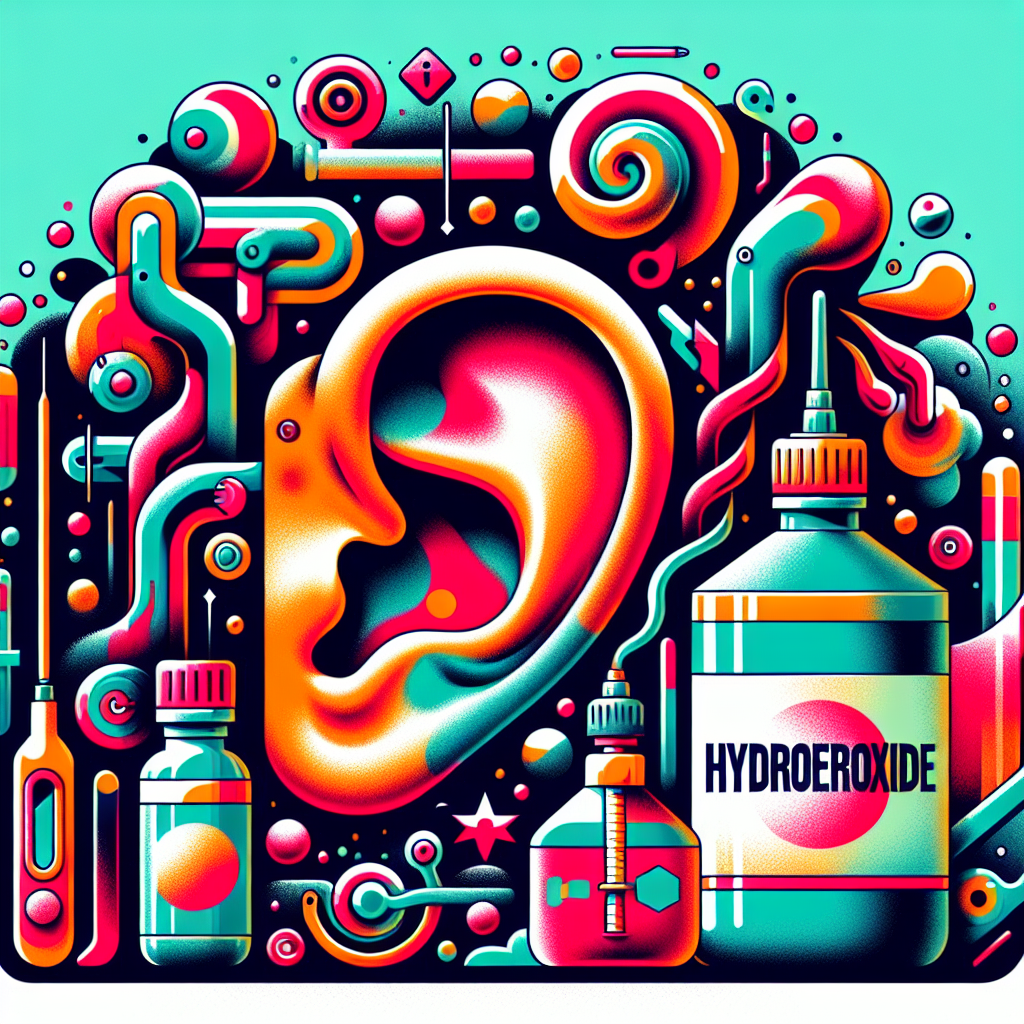Introduction
Imagine feeling like you’re on a rocky boat in the middle of the ocean, even though you’re standing still. This unsettling sensation could be due to an inner ear infection. If you’ve ever experienced this, you know it can turn your world upside down. But fear not, for relief is within reach. In this article, we’ll delve into the depths of inner ear infections, exploring symptoms, treatments, and when it’s crucial to seek professional help.
Table of Contents
- Understanding Inner Ear Infections
- Symptoms of Inner Ear Infections
- Treating Inner Ear Infections in Adults
- When to Seek Professional Care
- Key Takeaways
- FAQs
- Conclusion
Understanding Inner Ear Infections
The inner ear is a delicate labyrinth responsible for both hearing and balance. An infection here can disrupt these functions, leading to significant discomfort. Unlike outer or middle ear infections, which might be more common and easier to diagnose, inner ear infections can often be more elusive.
What Causes Inner Ear Infections?
Viruses are the usual culprits behind inner ear infections, but bacteria can also invade this sensitive area. Conditions like sinus infections, colds, or flu can pave the way for an inner ear infection by spreading inflammation and infection.
Symptoms of Inner Ear Infections
Recognizing the symptoms is the first step towards effective treatment. Here are some telltale signs:
- Dizziness or vertigo
- Hearing loss in one ear
- Tinnitus (ringing in the ears)
- Nausea or vomiting
- A feeling of fullness in the ear
- Difficulty with balance or coordination
Treating Inner Ear Infections in Adults
Treatment for an inner ear infection focuses on relieving symptoms and addressing the underlying cause. Let’s explore some options:
Medications
Depending on whether the infection is viral or bacterial, your doctor may prescribe antiviral drugs or antibiotics. Over-the-counter medications, such as antihistamines and decongestants, can also help alleviate symptoms.
Home Remedies
While medication is often necessary, several home remedies can complement your treatment plan:
- Rest: Give your body time to heal by getting plenty of rest.
- Hydration: Drink plenty of fluids to stay hydrated.
- Warm Compress: Apply a warm compress to the affected ear to ease discomfort.
- Avoid Sudden Movements: Move slowly to prevent dizziness and falls.
If you are looking for specialized care, our expert ear infections treatment services offer swift relief tailored to your needs.
When to Seek Professional Care
An inner ear infection can be more than just a minor inconvenience. If you experience severe symptoms or if they persist despite home treatment, it’s essential to seek professional medical advice. Professional intervention ensures that complications are avoided and that you get back on your feet quickly.
Persistent Symptoms
If symptoms persist beyond a few days or worsen, it’s time to consult a healthcare provider. Symptoms like high fever, severe headache, or changes in mental status warrant immediate attention.
Professional Evaluation
A healthcare provider can conduct a thorough evaluation to determine the type of ear infection you have. Our detailed guide on identifying different types of ear infections can provide more insights.
Key Takeaways
- Inner ear infections can significantly impact balance and hearing.
- Common symptoms include dizziness, hearing loss, and nausea.
- Treatment includes medications and supportive home remedies.
- Seek professional care if symptoms persist or worsen.
FAQs
What is the strongest antibiotic for an ear infection?
The choice of antibiotic can vary based on the specific bacteria involved. Our article on the strongest antibiotics for ear infections provides more detailed information.
Can inner ear infections lead to permanent damage?
If left untreated, severe inner ear infections can potentially cause lasting damage. It’s crucial to follow medical advice and complete prescribed treatments.
Conclusion
Inner ear infections can be daunting, but understanding their symptoms and knowing how to treat them can make all the difference. Whether it’s through medication, home remedies, or professional care, effective treatment is within your reach. For those seeking more information on specific treatments for adults, our comprehensive guide on treating inner ear infections in adults offers valuable insights.
Remember, your health is paramount. Don’t hesitate to seek professional help if needed. After all, in the grand symphony of life, your ears play a pivotal role in keeping you connected and balanced.
For further reading on related health issues, consider exploring articles from reputable sources such as the CDC or the NIH.




